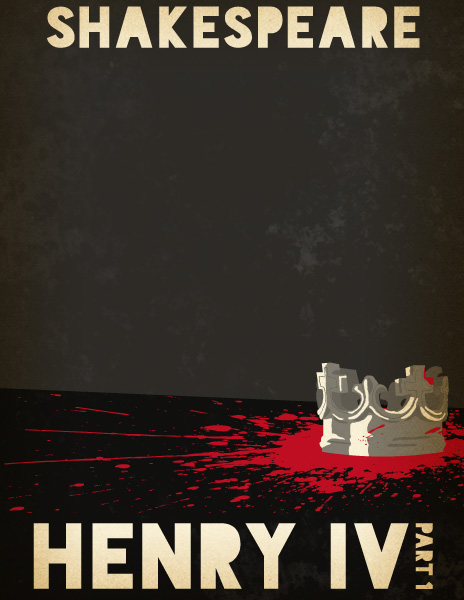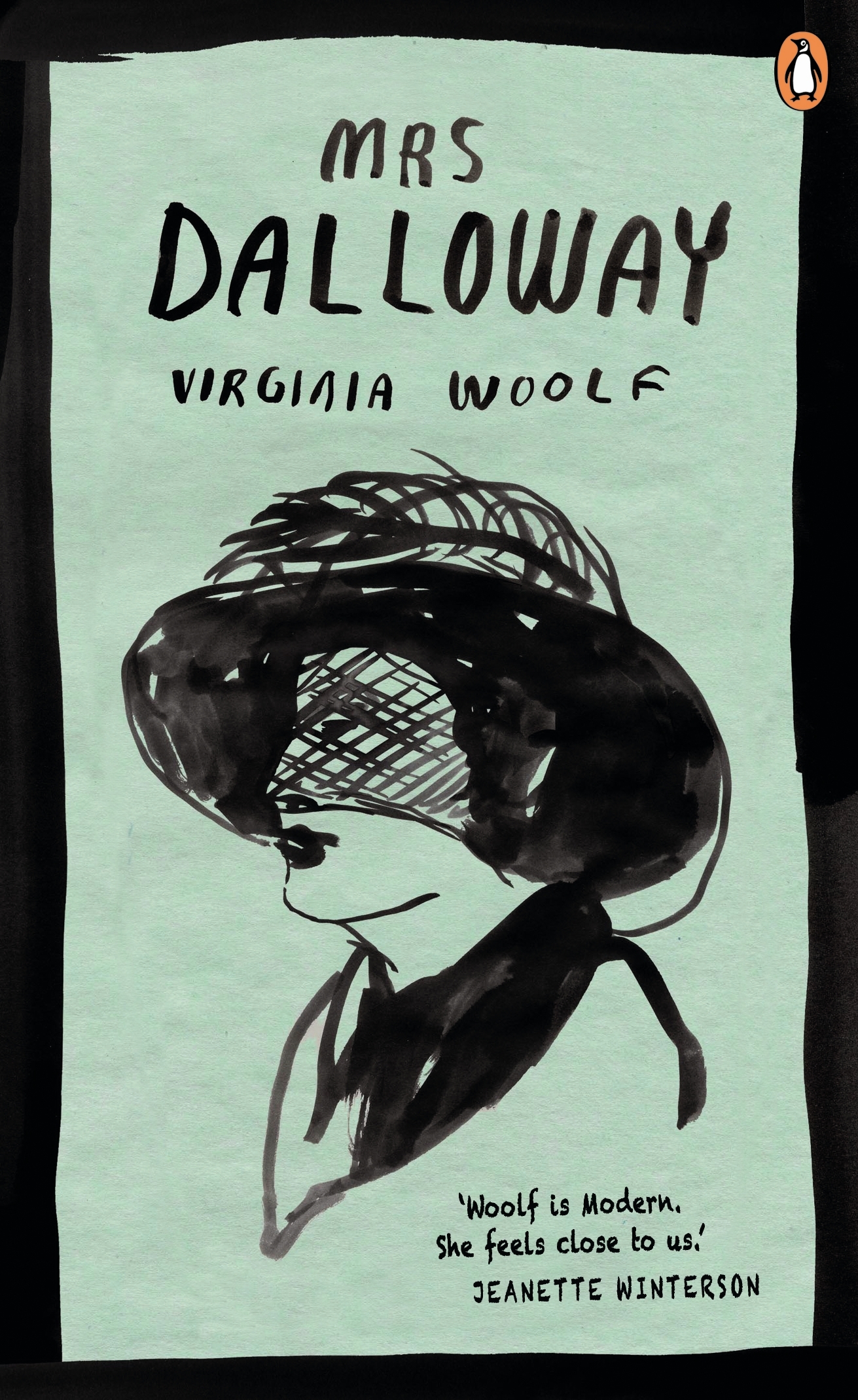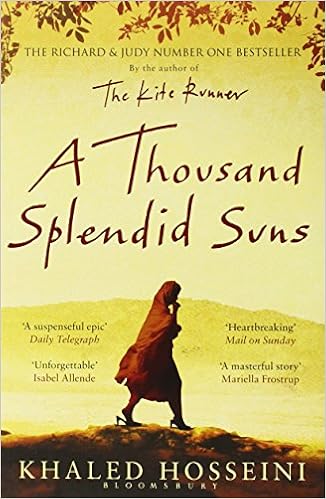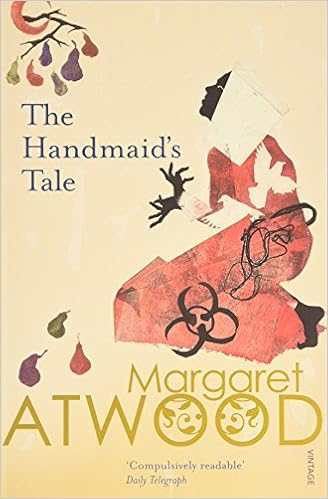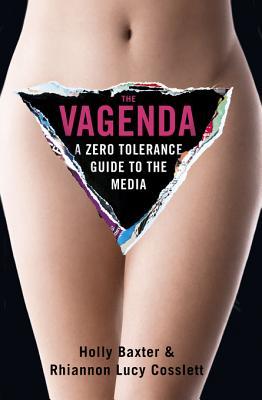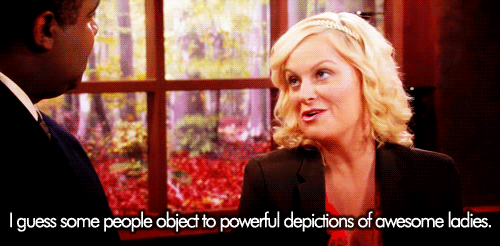Hello everybody! Sorry for my absence over the past few weeks, life has been hectic. However, because I've just got back from being abroad, I haven't had time to write a new post for this week. Instead, I've decided to cross post from my personal blog. I hope you enjoy it and I promise I'll be back on track with some feminist inspired posts soon.
***
This post should really be called "I really, really, really, really love Leslie Knope because she is amazing and beautiful and talented and inspiring and just basically a fantastic person and I want to be her." Maybe with more punctuation. But, in attempt to pretend that I'm not actually an insane fangirl, I've decided to share some of my favourite Leslie Knope moments in order to highlight why she is a super great awesome person. Ok? Cool, I'll chill.
In all seriousness, Parks and Recreation is a fantastic show about a local government department with an amazing cast. P&R is also a wonderful feminist show in so many levels, but I'll come to that another day. The reason why I took to Leslie so much is because she is an amazing role model you don't get to see a lot in comedy - I admit I may have been watching the wrong shows all this time. Knope is passionate without any shame, she is a fantastic friend, devoted to her work, caring, but, most of all, she stands up for what she believes in with every ounce she can give. Leslie makes mistakes, she gets things awfully wrong, she can be brash and stubborn, but she knows how to forgive, to make amends and apologise. But most of all, she is a completely true character and utterly inspirational. To me, that's a role model.
1. Did I hear you say feminism? No, I saw it.
I love that Leslie is a supporter of equal rights and feminism without having to actually call herself a feminist. I adore how the show mocks cultural backlash against feminism - yes, I'm talking about the Men's Rights Group in S6. And I love how Leslie surrounds herself with positive men who are in support of her, rather than against her.
2. Female Friendships
Female friendships are an amazing thing and should be celebrated always. If you brought the Bechdel Test into this, Leslie Knope would blow it to pieces. Having strong female leads who have successful relationships with other people is very important. And having women in support of other women is also an amazing thing. The world already pits women against each other too much as it is, so it's nice to see a TV celebrate female friendship for once.
3. Leslie being Leslie.
Leslie is great because she is proud of herself and I love it. Sometimes with female comics you tend to see a trend of demeaning themselves to get the male audience on side and honestly, I hate that so much. Be proud of what you do if you believe in what you're doing and if you're having a positive impact on people's lives.
4. Relatable Leslie
More than any other lead on TV, I can relate to Leslie Knope. Every now and then in an episode, she does something which is so humane and real to everyday life that I kind of forget that she is not a real person. Which makes it kind of great that Amy Poehler is almost just as fantastic.
So basically, I love Leslie Knope and I think she is a phenomenal role model for everybody out there. One day, I hope to have the same passion and drive she has, with all the fierceness and support behind it.
As always, let me know if you watch Parks and Rec and what your favourite quotes or moments are. And, go ahead and be the Leslie Knope of whatever you do.


